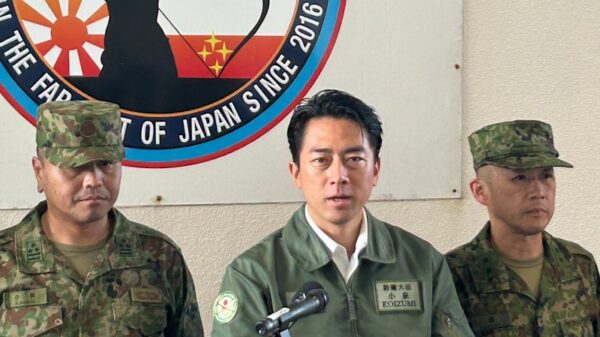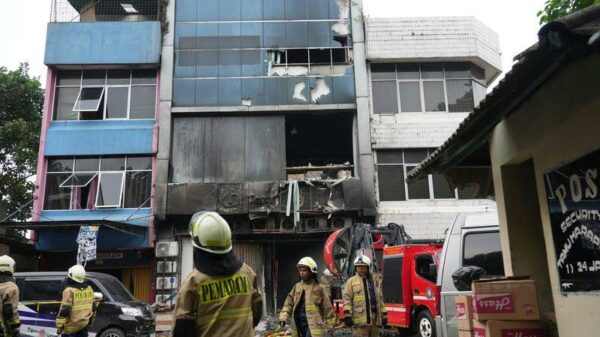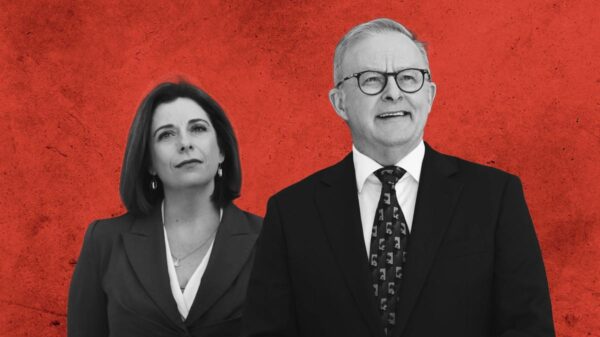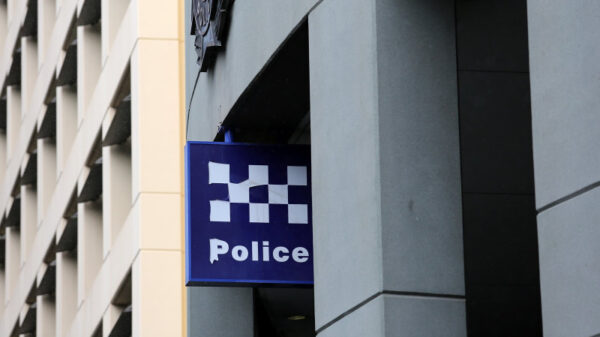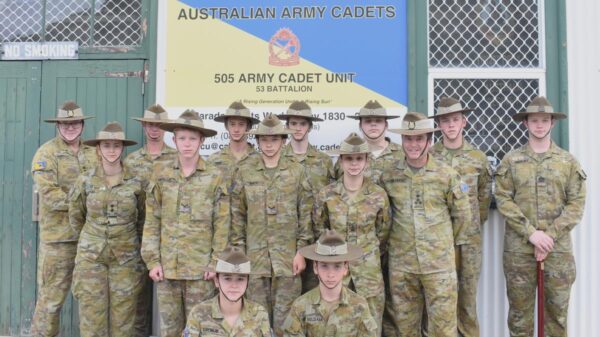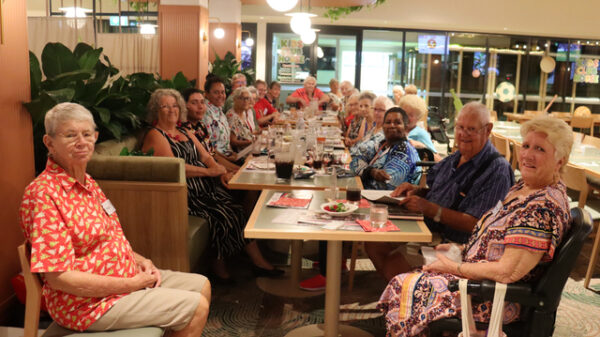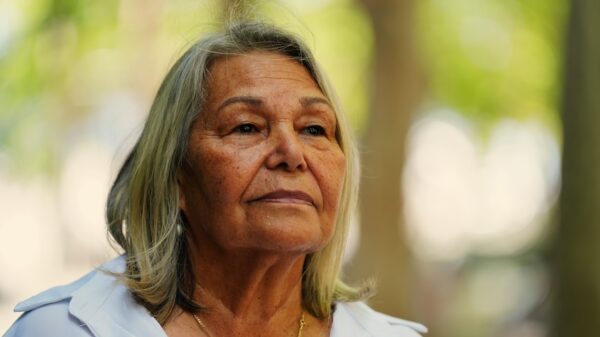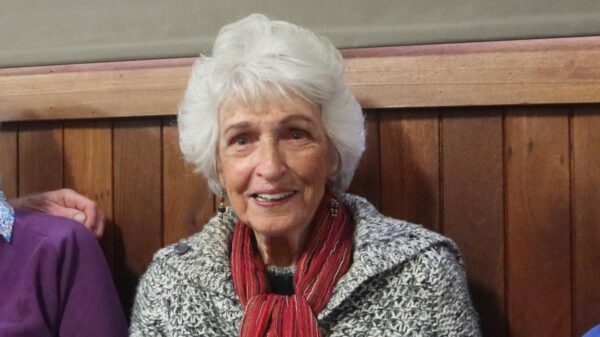Israel is prepared to assist Lebanon in its efforts to disarm Hezbollah, according to a statement from Prime Minister Benjamin Netanyahu‘s office. This announcement follows a recent decision by the Lebanese cabinet to endorse a US framework aimed at disarming the Iran-backed militant group.
Earlier this month, Lebanon’s cabinet approved the objectives of the US plan, a move that has generated significant divisions within the country. Netanyahu’s office indicated that should the Lebanese Army begin to implement this disarmament initiative, Israel would consider reciprocal measures, including a potential reduction of its military presence, in coordination with a US-led security mechanism.
US Framework Targets Hezbollah’s Military Strength
The disarmament roadmap was presented by US envoy Tom Barrack and is considered the most detailed proposal to date for curtailing Hezbollah’s military capabilities. The group has consistently rejected calls to disarm, particularly following its conflict with Israel in late 2024, which resulted in widespread destruction in parts of Lebanon.
A US-brokered ceasefire in November 2024 concluded that conflict and mandated Lebanon to confiscate all “unauthorized” weapons throughout the country. In return, Israel committed to halting offensive operations against Lebanese targets. Despite this, Israel has maintained military positions along its southern border and has continued airstrikes against what it claims are Hezbollah fighters and arms facilities.
The war between Israel and Hezbollah erupted shortly after the October 7, 2023, Hamas-led attack on Israel from Gaza, resulting in over 4,000 casualties and damages estimated at $11 billion.
Recent Strikes in Gaza Raise Concerns
In related developments, Israeli airstrikes on Nasser Hospital in Gaza on Monday reportedly killed at least 15 individuals, including three journalists, according to Palestinian health officials. Among the deceased was cameraman Hussam al-Masri, a contractor for Reuters. Another journalist, photographer Hatem Khaled, was injured in the strikes.
The Israeli military had no immediate comment regarding the attacks. According to the health ministry, the victims were struck in a double-tap airstrike, where one missile hit, followed shortly by another as rescue teams arrived at the scene. Nasser Hospital, the largest medical facility in southern Gaza, has endured ongoing bombardments throughout the 22 months of conflict, facing severe shortages of both supplies and medical personnel.
Strikes on medical facilities are not uncommon, with multiple hospitals in the Gaza Strip reportedly targeted. Israel claims its operations focus on militants allegedly using these facilities for military purposes, though evidence to substantiate these claims has not been provided. A previous strike on Nasser Hospital in June resulted in three fatalities and ten injuries, with the Israeli military asserting it was targeting Hamas militants operating from a command center within the hospital.
The health ministry has reported that at least 62,686 Palestinians have died during the ongoing conflict. While the ministry does not differentiate between combatants and civilians, it indicates that approximately half of the casualties are women and children. The UN and independent experts consider this ministry to be a reliable source for war casualties, although Israel disputes these figures without offering alternative statistics.
As the conflict continues, Israeli media have reported that military chief Eyal Zamir has increased his warnings regarding plans for a takeover of Gaza City. He has urged Prime Minister Netanyahu to consider a ceasefire proposal aimed at securing the release of hostages still held by Hamas. Reports from Israeli television suggest that Zamir emphasized the need to accept the “improved Witkoff deal,” a proposal for a 60-day ceasefire that would facilitate the release of ten living hostages in exchange for Palestinian prisoners.
While operational plans for a takeover of Gaza City have reportedly been approved by Israel’s political leadership, Zamir has expressed concerns that such actions could jeopardize the lives of the remaining hostages. Approximately 60,000 additional reservists have been mobilized in September as tensions continue to escalate.
In recent statements, Hamas has indicated its acceptance of a revised ceasefire proposal, which is said to be an adaptation of the Witkoff initiative.






